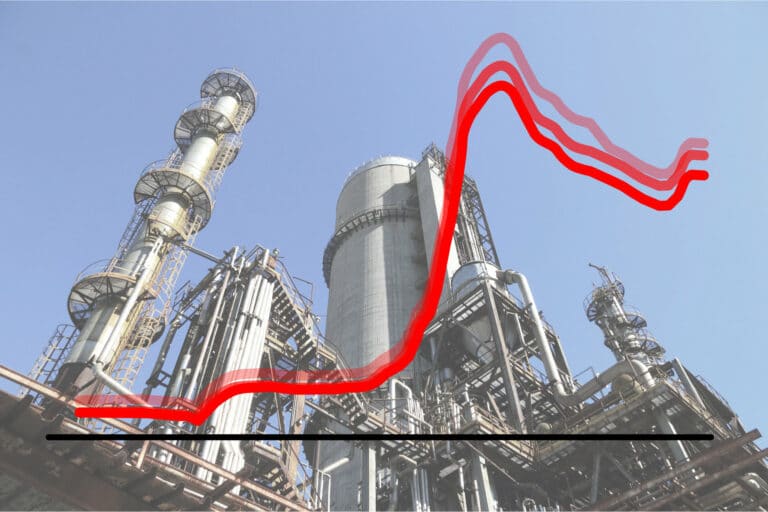OBJECTIVE
This course aims at developing a sense of multidimensional thinking. Participants learn to recognize that both visualizing information in large data sets and calculating multivariate regression models require a multivariate approach. At the end of the course, participants have a solid basis for correctly calculating and validating predictive regression and classification models.
INTENDED AUDIENCE
This course is aimed at those for whom the field of multivariate calibration is new, as well as for those with some practical experience, but without or with insufficient knowledge of the underlying methods. The course mainly targets process engineers, Lab managers, and those responsible for the operation of one or more spectrometers.
SET-UP
Calibration is more than pumping data through some software. In this course we will go through the different steps required for a successful Spectroscopic Calibration: from sample selection over validation and interpretation of the models, up to guidelines and recommendations for the maintenance and update of calibration models in the future. Theory will be alternated with ‘real life’ hands-on exercises.
CONTENTS
- NIR introduction
- Exploratory Multivariate Analysis
- Visualisation of information in big data sets
- Principal Component Analysis (PCA)
- Cluster analysis: searching for groups of similar samples
- Basic principles of calibration techniques
- Multiple Linear Regression (MLR)
- Principal Component Regression (PCR)
- Partial Least Squares (PLS)
- Interpretation of calibration models
- Model validation
- Preprocessing and scaling of spectra
- Detection of outliers and non-linearities
- Prediction with calibration models
- Selection of calibration samples
- Standardisation of calibration models
- Monitoring the performance of (on-line) calibration models
